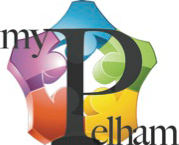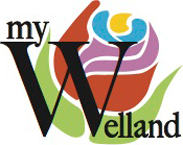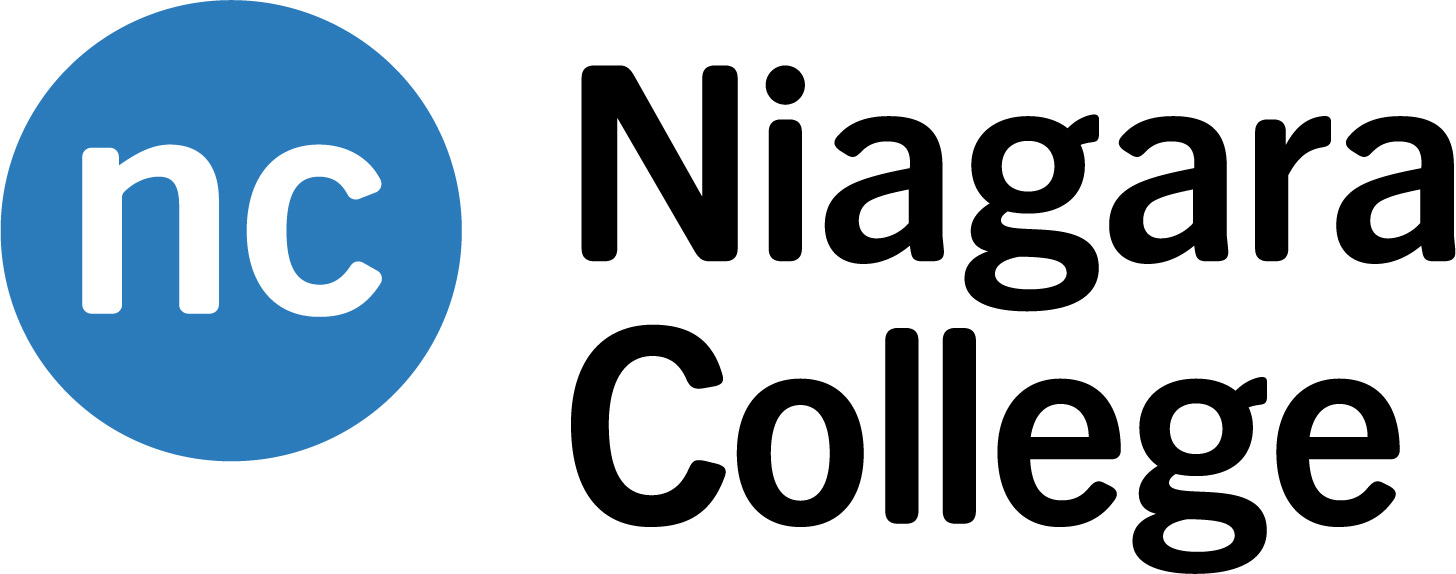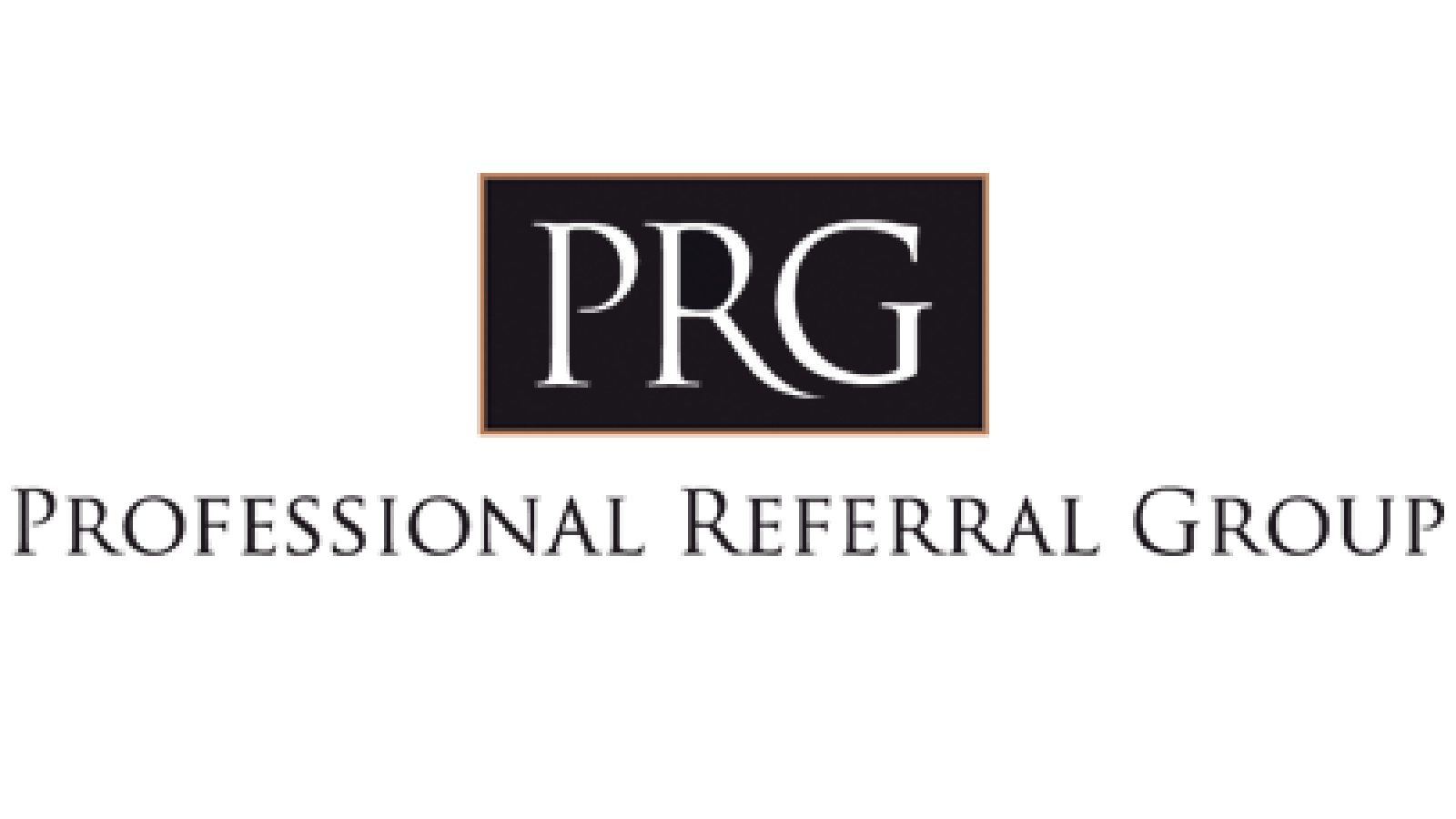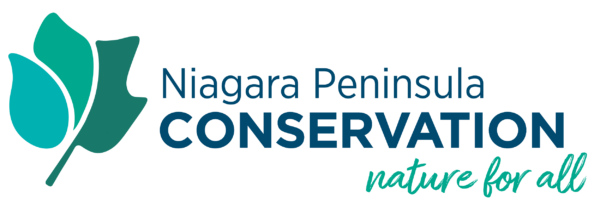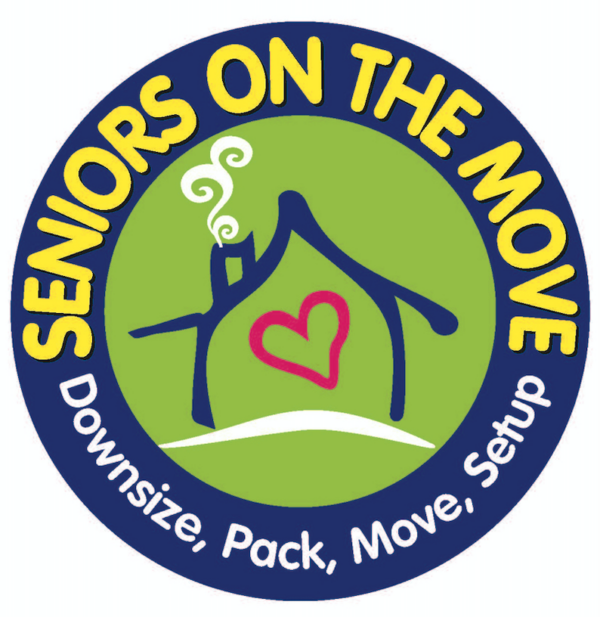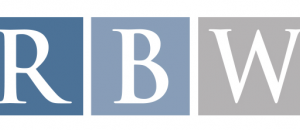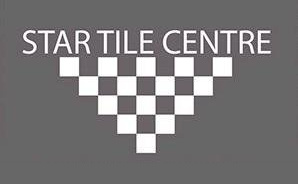Niagara Region, the City of Niagara Falls and Niagara Regional Housing are collaborating on the development of an innovative Bridge and permanent supportive housing project in Niagara Falls.
The project, located at 5017 Victoria Ave. (former library building), will leverage a surplus building provided by the City of Niagara Falls, to help address a significant unmet need in Niagara for those living in a state of chronic homelessness and who have demonstrated high significant need in the areas of mental health, addictions and physical health.
This new facility will include up to 21 beds of temporary Bridge Housing for individuals preparing for permanent housing and permanent supportive housing, as well as three beds of recuperative care. The three recuperative beds would support homeless individuals recently discharged from hospital, where care is a continued requirement beyond what an emergency shelter can support. This initiative builds on other important work done by the Region and community partners to address chronic homelessness. The Bridge housing facility will support the next steps in the Region’s commitment to the Built For Zero Canada membership, acting as a testing site for coordinated access to services, the next mile stone in the campaign.
Services offered at the facility will include 24-7 case management support services, mental health and addictions programming, meals, primary care support on site, and adult experiential learning, as clients prepare to move toward permanent housing.
This estimated $3.7 million facility will be developed with renovation funding coming from Ministry of Municipal Affairs and Housing Phase 2 Social Services Relief Fund, an in-kind property transfer and building permit fees waivers from the City of Niagara Falls, and a funding contribution from Niagara Region. A design-build approach will be taken to renovate the building in order to meet the aggressive timelines required both by the funding program and reflective of the urgent needs of our community. The project must be completed and ready for occupancy Dec. 31, 2021.
Niagara Region has developed this model of Bridge Housing based on positive outcomes in other communities and a current pilot project that has been operating for five months in Niagara, with tremendous success to date. The local 14-bed Bridge Housing pilot has received 27 intakes to date of individuals struggling with chronic homelessness, with 13 exits to permanent housing, and nine of these clients remaining successfully housed. The Bridge Housing project will build on the best practice approaches in homelessness in concert with recommendations from Iain De Jong of Orgcode. Additionally it will work with Dr. Karl Stobbe of Regional Essential Access to Connected Healthcare (REACH) Niagara for medical support and the development of effective practices associated with the introduction of recuperative beds for homeless individuals exiting hospital.
Quotes
“The supportive housing project in Niagara Falls will give those in need the dignity of having a safe and secure place of their own. We worked closely with the Minister of Municipal Affairs and Housing, the City of Niagara Falls and other community partners to make this project a reality and I am pleased that we were able to come together so quickly to make it happen.” ~ Jim Bradley, Regional Chair
“This facility is about more than providing a roof over someone’s head. Working with those in need is about building strong relationships and providing access to resources and existing community supports which give people the help they need, not just to find temporary shelter, but to see them through to finding their long-term home. Thank you to our partners in our community for ensuring this remains an important priority.” ~ Jim Diodati, Mayor of Niagara Falls
“Commitment to reductions in homelessness often requires innovation and shoring up holes in the system of care. The introduction of Bridge Housing into the Niagara Region system of care for people experiencing homelessness meets a critical gap – providing an interim housing option as people make the move out of homelessness and journey towards permanent housing.” ~ Iain de Jong, President and CEO of OrgCode
“This will lower the barriers faced by homeless people who need healthcare. It will increase the number of people REACH can serve, and we envision partnering with local healthcare agencies and providers to provide the care. It is heartening to know that the City of Niagara Falls and Niagara Region share our vision of bringing healthcare to the homeless and poor in Niagara.” ~ Dr. Karl Stobbe, Medical Director REACH Niagara

